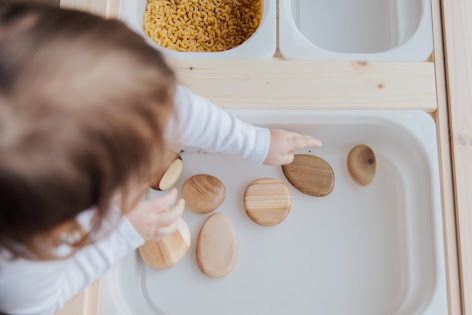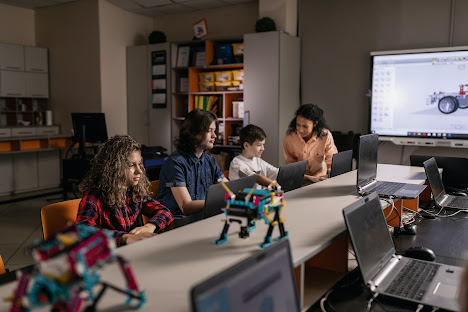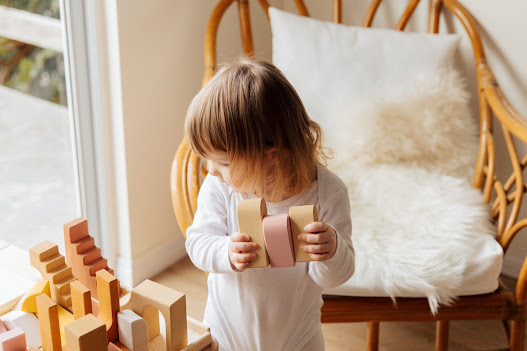Montessori education is a form of whole-child development. In order to work correctly, middle school children should be presented with Montessori-style opportunities at home. To illustrate how you can do this at home, here are 4 critical aspects of Montessori that can be duplicated in the family environment.
1. A Prepared Environment
While a corner of the home is appropriate for toddlers and preschoolers, Montessori middle school kids should be integrated into the regular household environment. Provide your son with his own chair, a table space he can arrange as he wishes, and plenty of access to bookshelves, activity areas, and his own choices for decorations and styles.2. Communication and Inclusion
Communication is at the heart of appropriate learning. Talk with your Montessori son about his day, offer to help him with troublesome projects, and invite him to join in home activities like cleaning, cooking, building, and maintenance. Inclusion is critical to establishing a firm sense of self-esteem, and that promotes an eagerness to learn and participate. When a middle school child feels like they make a difference, he will be more interested in participating.3. Encourage Curiosity
Children begin life with a clean slate of knowledge and will spend the rest of their lives absorbing information about the world they live in. For middle school kids, that means being encouraged to study and compare, explore and discover. It may be tempting to rely on your local factories, visit museums, and go for explorations in nearby parks and other public spaces. In the process, observe how your kids react to different things and help them focus their interest on subjects they find the most stimulating.4. Montessori at Home
It is important that the tenets of Montessori are allowed to become a way of life. Avoid using punishments or rewards to motivate your kids, use positive reinforcement instead. By helping a child become motivated for his own success, you give him the confidence and curiosity to attempt new things, interact appropriately with others, and feel good about his achievements. Ask your child's teachers for suggestions on how you can more accurately continue the Montessori Method after school lets out.Montessori was carefully developed to recreate the natural way kids learn in a broader, more structured context. To be the most effective, the principles of Montessori should become a common set of ideals in the home itself. From grace and courtesy to discovering the bounty of nature in local parks, supporting the Montessori Method will benefit every aspect of your child's development.









